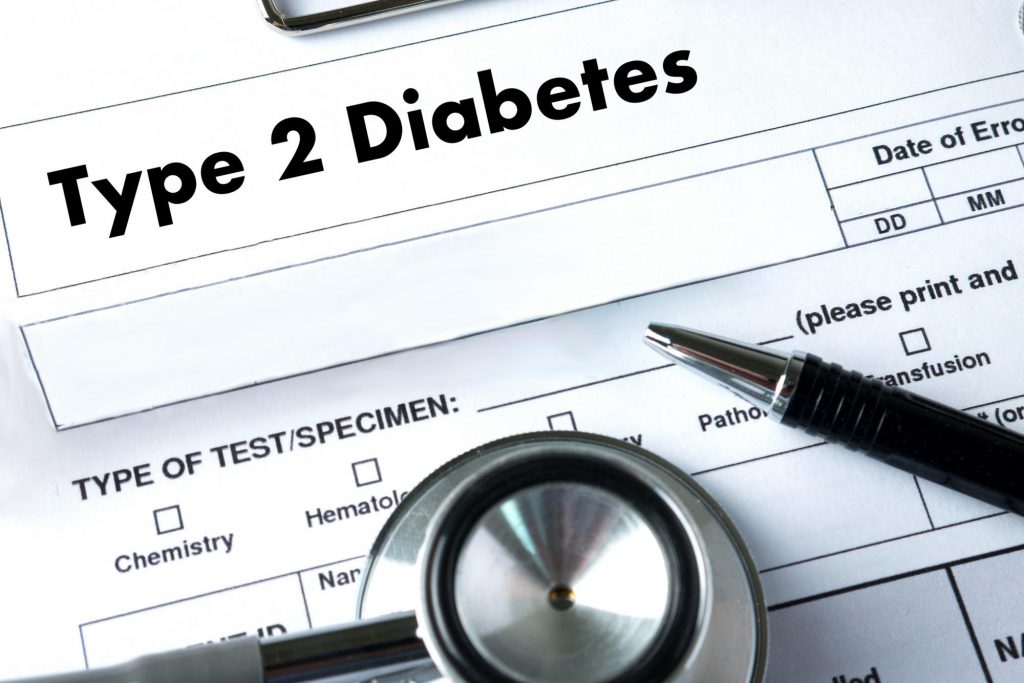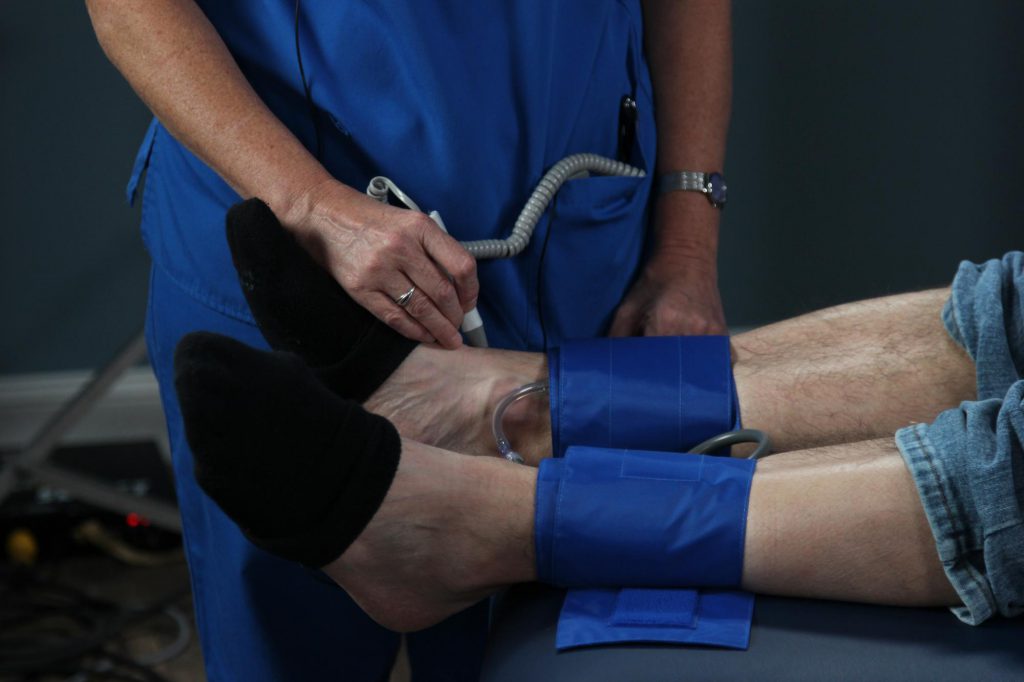
Kidney Function Test
The kidneys are critical, life-sustaining organs necessary for the body to effectively eliminate waste, filter out toxins, balance fluids, regulate blood pressure, build strong bones, and create red blood cells.
Kidney disease, left untreated, causes waste, fluid, and toxins to build up in the body, which can lead to serious health problems like heart disease, stroke, anemia, damage to the central nervous system, decreased immune response, and ultimately death.
About Chronic Kidney Disease
Chronic Kidney Disease (CKD) affects approximately 14% of people in the U.S., and the primary causes are diabetes and high blood pressure. Kidney disease will often develop without any symptoms, and may not be detected until kidney function is significantly impaired. When it is detected early, CKD can be slowed through medication or lifestyle changes. There is no cure for kidney disease; treatment focuses on preventing the worsening of kidney damage. End stage kidney disease requires either dialysis or a kidney transplant. Each year, kidney disease kills more people than breast or prostate cancer.2
What is a kidney function test?
When you get a kidney function test, a simple finger-stick blood sample is tested to measure the creatinine level in the blood, as well as the rate blood is being filtered through the kidneys. Creatinine is a waste product that is filtered out by the kidneys and routed to the urine. Elevated levels of creatinine in the blood can sometimes indicate that the kidneys are not functioning as well as they should to filter waste.
After getting a blood test for kidney function, your lab results will provide two pieces of information: one is the creatinine level in your blood, measured in mg/dL (milligrams per deciliter). This result will be classified as low, normal, abnormal, or abnormal critical. The normal range for this measurement is different for men and women, so your gender will be factored into the result expected for normal kidney function. The second lab result you will receive is the eGFR (Estimated Glomerular Filtration Rate) which measures the rate that blood is passing through the tiny filters in the kidneys (called glomeruli). This data will be classified as normal, abnormal, or abnormal critical. Again, what is considered a normal filtration rate depends on your age, gender, and body size. Filtration rate slows down with age. Once you receive the results of your kidney lab tests, you will be directed to follow up with your personal physician, if needed.
What are the warning signs of Chronic Kidney Disease?
Symptoms of chronic kidney disease may not appear until late in the course of the disease, but there can be warning signs:
- Difficulty concentrating and sleeping
- Poor appetite, nausea or vomiting
- Fatigue/loss of energy
- Dry, Itchy skin
- High Blood pressure
- Blood and/or protein in the urine
- Decreasing glomerular filtration rate (GFR). GFR is the best measure of kidney function
- Frequent urination, especially at night and accompanied by pain or difficulty urinating
- Puffiness around the eyes, especially in the morning; swelling of hands and feet
What are the risk factors for Chronic Kidney Disease?
There are several risk factors that contribute to chronic kidney disease. The most common include:
- Diabetes
- High Blood Pressure
- Age 60+
- Family history of Kidney Disease
- Race and ethnicity: African Americans, Hispanics, Asians, American Indians and Pacific Islanders
- Hereditary factors such as polycystic kidney disease
- Abnormally elevated creatinine levels or decreasing glomerular filtration rates (GFR)
Who is kidney function testing for?
- People with diabetes, pre-diabetes, high blood pressure, or pre-hypertension (borderline high blood pressure) are most at risk for developing kidney disease.
- All adults age 50+, especially those with a family history of kidney disease, diabetes, and/or high blood pressure
- Certain ethnic groups: African Americans, Hispanics, Asians, American Indians and Pacific Islanders are at higher risk of developing kidney disease and should consider getting a kidney test
Ages
- Adults age 60+
- Adults age 50+ with risk factors (diabetes and high blood pressure)
- People taking medications that negatively impact the kidneys (talk to your doctor about the medications you are taking) should consider a kidney function test
Frequency
The National Kidney Disease Education Program1 suggests the following people receive a kidney function test:
- People with diabetes should be checked for kidney function once per year
- People newly diagnosed with high blood pressure should receive a kidney test every three years if their medication and treatment is keeping their blood pressure in the normal range
- People who have a family history of kidney failure should receive a kidney function test every three years as long as their test results show normal kidney function
Schedule this Screening
*Screening availability may be limited by location.
CHRONIC KIDNEY DISEASE FAQ
14% of people in the U.S. have CKD. Half of people with CKD also have diabetes and/or cardiovascular disease.2
The two primary causes of chronic kidney disease are high blood pressure and diabetes.2 When these conditions are treated properly, CKD can be prevented. Other causes include drug abuse and related kidney conditions like glomerulonephritis and polycystic kidney disease.
Yes, kidney disease is life-threatening and can result in death. Kidney disease kills more people than breast or prostate cancer each year.2
Relevant Tests
1 National Institute of Diabetes and Digestive and Kidney Diseases, National Institutes of Health, 2017, https://www.niddk.nih.gov/health-information/communication-programs/nkdep/identify-manage-patients/evaluate-ckd
2 National Institute of Diabetes and Digestive and Kidney Diseases, National Institutes of Health, Kidney Disease Statistics for the United States, https://www.niddk.nih.gov/health-information/health-statistics/kidney-disease


